From Brexit to Breget
In 2019, former Prime Minister Boris Johnson won a landslide election victory on his promise to “Get Brexit Done” and finally reach a deal with the European Union (EU) on the UK’s departure. This week, the Brexit Conservative Party is back in the polls, but is facing a drop of more than 20% of the vote and is almost certain to lose to the opposition Labour Party.
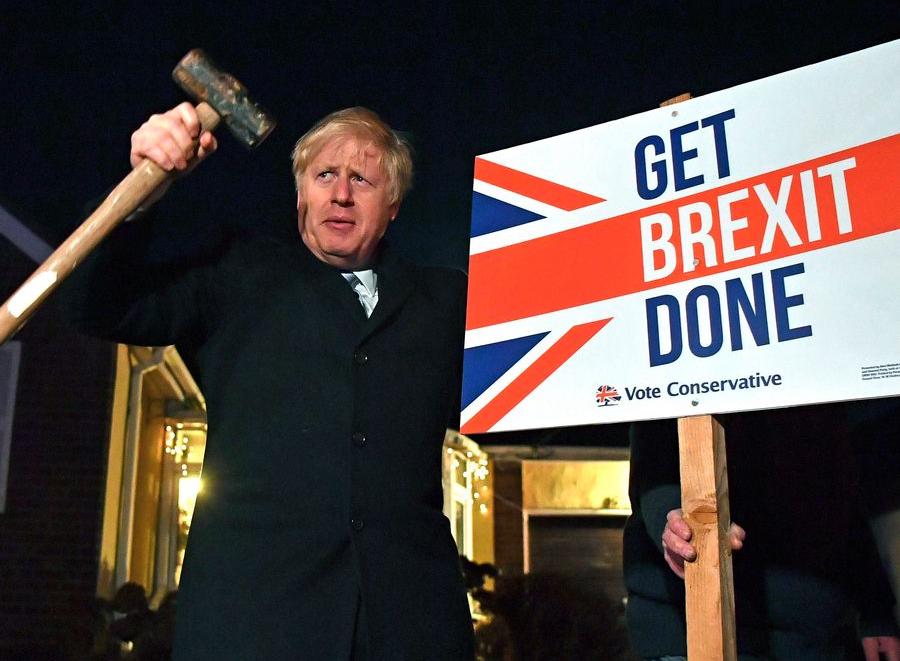
In 2019, Boris Johnson became British Prime Minister thanks to his promise to “Get Brexit Done”. Photo: Getty Images
Eight years after the 2016 EU referendum, it could be said that the UK is suffering from a severe case of what they call “Bregret”.
About 65% of people in the UK think that, in retrospect, leaving the EU was the wrong decision. Only 15% think the benefits have so far outweighed the costs. Most blame the decision itself, others blame the British government for not taking better advantage, and still others say Brexit was unlucky: It came into effect just before the pandemic and the war in Ukraine, both of which distracted the government and hurt the economy .
Since 2016, the UK economy has slowed, growing an average of just 1.3% compared with 1.6% for the G-7 group of rich countries as a whole. By erecting barriers to trade and migration with the UK’s largest trading partner, Brexit has slowed trade and hurt business investment.
Brexit has caused years of political turmoil as the UK debates how to leave the EU. And it has deeply polarised the country, with half of those who see it as their only chance to regain UK sovereignty and half who feel they must apologise to Europe for leaving.
Despite the disappointment, polls show that only a small fraction of people in the UK want to rejoin the EU, and few think it is realistic, not least because officials in Brussels are unlikely to welcome their troubled former partner back with open arms. They will likely insist on new conditions such as joining the euro and guarantees that the UK will not leave again for another decade or two.
In both London and Brussels, there is a sense that the UK should now do what it does best: keep calm and carry on. The Labour Party, which is likely to win the election, says it just wants to make Brexit work better.
"The sun-drenched grasslands"
Brexit supporters say it will allow the UK to regain control over issues like trade, regulation and immigration that it gave up when it joined the EU decades ago. Former Prime Minister Boris Johnson promised voters a UK free from a slow-moving, bureaucratic continent.
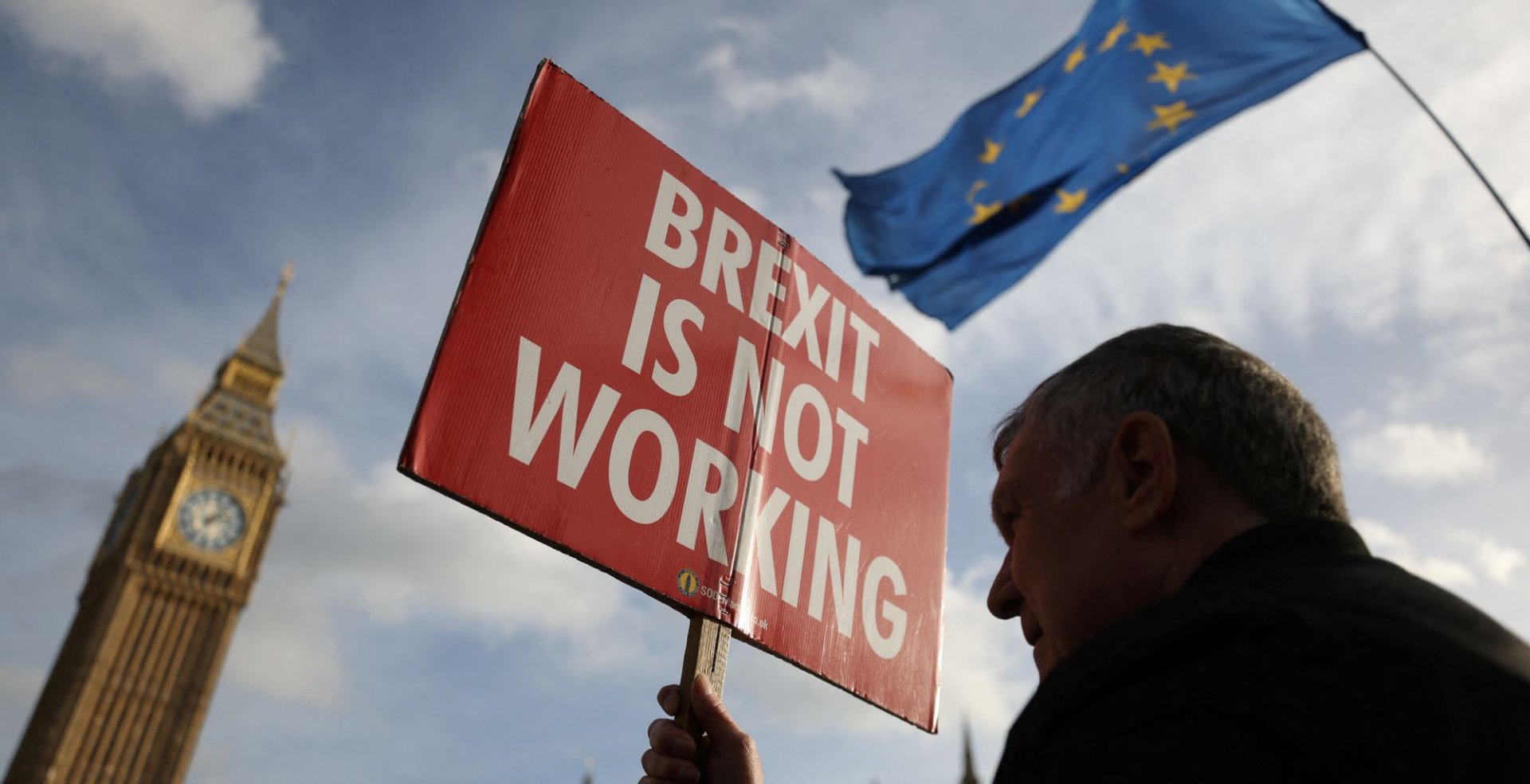
About 65% of Britons think, in retrospect, leaving the EU was wrong. Photo: Reuters
“We can see the sun-drenched meadows in the distance. I believe we would be mad not to take the once-in-a-lifetime opportunity to walk through that door,” Mr Johnson said. A month later, 52% of voters nationwide voted to leave the EU.
Brexit then meant different things to different people. For many working-class people in Britain, it brought the hope of less immigration and less competition from low-wage workers. For some in business, it offered the prospect of a capitalist Britain charting its own course.
Many in Europe are openly worried that the UK might actually succeed and come up with a blueprint for other countries to leave the EU.
But today, no one in Europe is losing sleep over that threat. Investment bank Goldman Sachs estimates that the British economy would be 5% smaller than it would have been without Brexit. The National Institute of Economic and Social Research, a UK think tank, estimates that Brexit has cost the average person £850 (more than $1,000) in lost annual income since 2020.
After the 2007-08 financial crisis, investment spending in the UK recovered faster than the combined average of the EU, US and Canada, according to research by Nicholas Bloom, a British economist at Stanford University.
Between 2016 and 2022, UK investment was 22% lower than in other countries. Businesses have spent years uncertain about the new regulations they will face and whether they will still have export markets in Europe. Many have delayed spending while waiting for clarity.
Investment is finally picking up again, but businesses still face many hurdles. Earlier this year, after four years of delays, the UK introduced a set of rules on border checks on imports from Europe, including testing requirements for food.
Loss of faith
Beyond the economic impact, Brexit has become a symbol of broken political promises and poor governance. The UK regained control but then struggled to exercise that power.
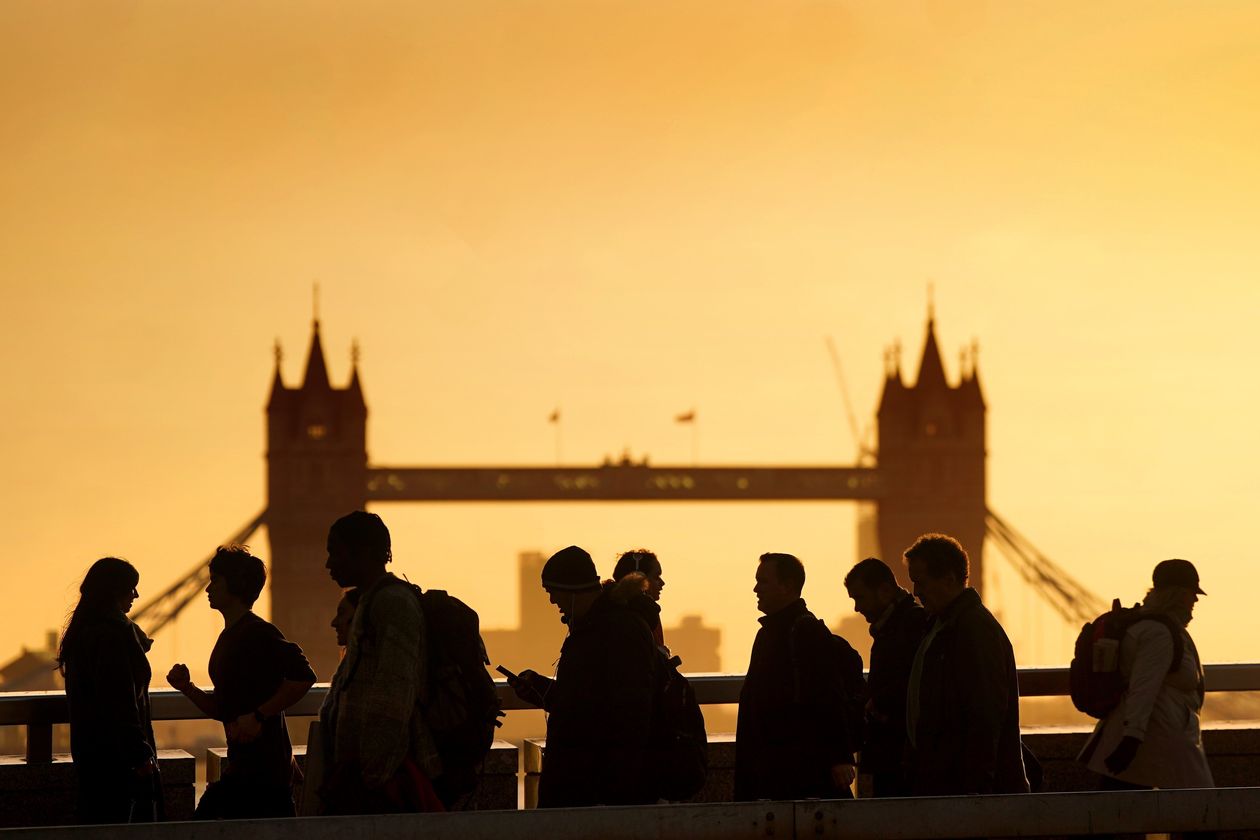
In the years since 2016, the UK economy has slowed, growing by an average of 1.3% compared with 1.6% for the G-7 group of rich nations as a whole. Photo: Zuma Press
Perhaps the most surprising policy response to Brexit has been the UK government’s decision to allow a huge increase in legal migration to help boost the economy. In the past two years, 2.4 million people have been allowed to come and settle in the UK, far exceeding the previous number of such migrants. The government is now tightening the rules, but for many who voted for better border controls, it is too late.
Today, a record 45% of Britons “almost never” trust the government to put the national interest first, up from 34% in 2019, according to a 2023 poll by the National Center for Social Research. “Some people would say Brexit was an economic disaster,” said Raoul Ruparel, director of the Boston Consulting Group, who advised former Prime Minister Theresa May on Brexit. “I think it was a much bigger political disaster.”
Conservative local legislator Matt Warman won 76% of the vote in Boston in 2019, campaigning on a platform of “Get Brexit Done” and promising to “level up” neglected places across the country by improving social and economic prospects. Today, Warman is fighting for political survival, with some polls suggesting he will lose the area to an upstart anti-immigration party called Reform UK.
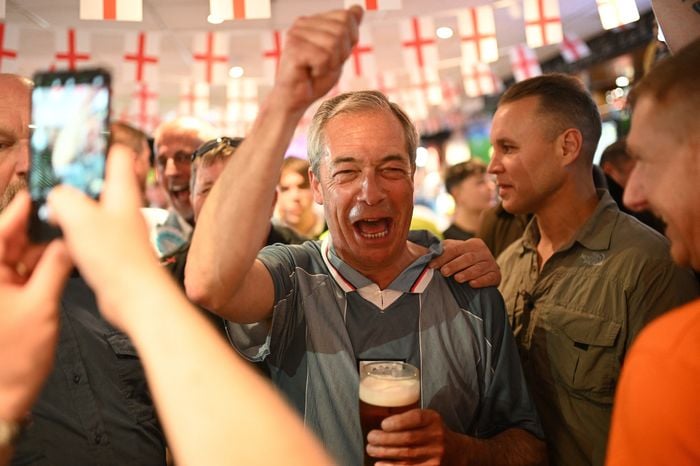
His Eurosceptic Reform UK party could lure disillusioned Brexit voters away from the Conservatives in the upcoming election. Photo: AFP
Remaining problems
Brexit has become an example of what American political scientist Aaron Wildavsky calls “The Law of Big Solutions.” According to him, big policy solutions aimed at solving a big problem often only create a bigger problem, which then “overshadows the [original] problem as a source of anxiety.”
Brexit has consumed British governments for years. In 2018, lawmakers spent 272 hours debating the “EU Withdrawal Act,” while a third of the Treasury’s civil servants were working on Brexit-related issues. The opportunity cost means other problems are exacerbated while Britain’s talent and resources are diverted to untangling its relationship with Europe.
“If you think about the big problems facing Britain, Brexit doesn’t solve any of them: the deterioration of public services, weak economic growth, the lack of housing and the need to modernize our energy infrastructure,” said John Springford, an economist at the Centre for European Reform, a London think tank. “We’ve lost eight years.”
Source: https://www.congluan.vn/bau-cu-vuong-quoc-anh-va-noi-hoi-han-ve-brexit-post301795.html








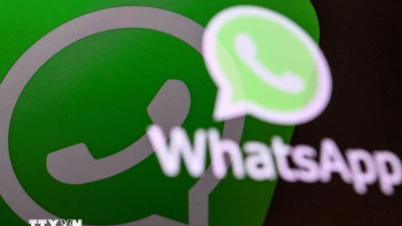







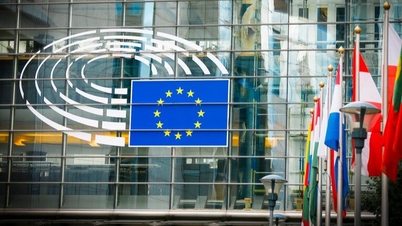
















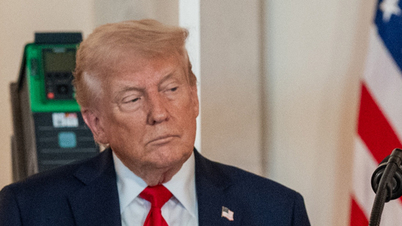























































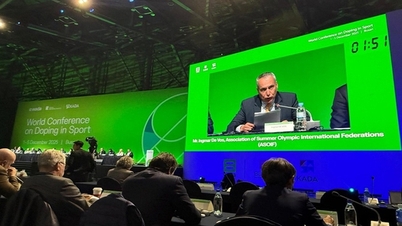





























Comment (0)